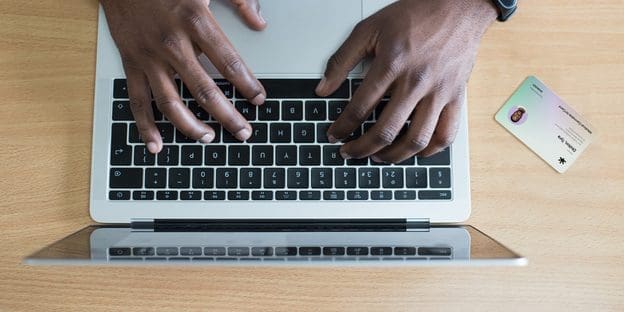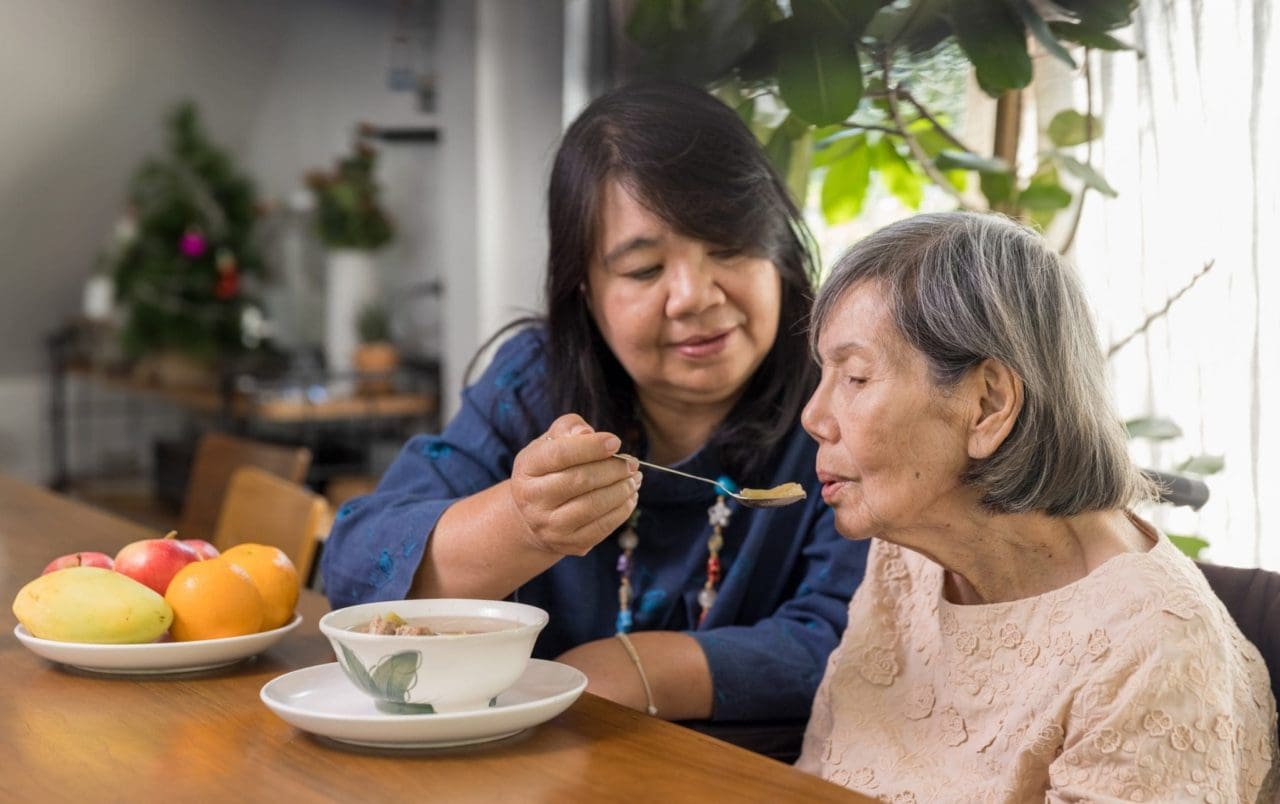Medical marijuana for children: A comprehensive guide
6 min read



In many states, parents can legally access medical cannabis for their child by registering as a designated caregiver, as long as their child has one of the state’s qualifying health conditions.
The process of becoming a caregiver for a minor works differently from getting a medical cannabis card for yourself. It’s important to understand the rules and guidelines around medical cannabis for children and how to administer it safely.
Want support for your child's cannabis treatment?
Get a personalized care plan from a provider at Leafwell!
- Product recommendations
- Dosing and daily use tips
- Flags for medication interactions

Is medical marijuana safe for children?
Research on the safety of cannabis for children is extremely limited.
Most studies on cannabis for children involve the use of cannabidiol (CBD), a nonintoxicating cannabis compound.
In fact, one CBD-based prescription medication, called Epidiolex, is approved by the Food and Drug Administration (FDA) to help treat drug-resistant epilepsy in children. Clinical trials show that it’s generally well-tolerated in this age group.
A clinical study of 150 participants ages 5 to 21 who have autism spectrum disorder (ASD) tested CBD-based medicine to see if it may help with behavior problems. Some participants showed improvement, but results regarding its safety and efficacy in this population are mixed and remain inconclusive.
Tetrahydrocannabinol (THC) is an intoxicating cannabis compound. While it’s generally well-tolerated in adults, there’s less evidence regarding its safety in children.
One research review suggests that excessive exposure to THC in infancy, childhood, or adolescence may harm brain development. However, most of the studies included in the review were done on animals, not humans. More human studies are needed to understand how THC affects children.
If you’re considering medical cannabis for your child, speak with their doctor about any potential risks.
Medical cannabis risks and side effects
Cannabis comes with certain risks for both children and adults. Potential side effects include:
- Dry mouth
- Dry eyes
- Drowsiness
- Dizziness
- Headache
- Confusion, anxiety, or paranoia, especially with products high in THC
Always monitor your child for any side effects after using medical cannabis. Contact your child’s doctor if you notice anything concerning.
Cannabis can interact with some medications. Tell your child’s doctor about any medications your child takes before starting medical cannabis.
CBD oil for children with seizures
Many CBD products are made from hemp, a type of cannabis plant that has very little THC and is legal under federal law.
CBD oil made from hemp is widely available and easy to find outside of state-licensed cannabis dispensaries. However, hemp-based products are not held to the same safety standards as medical cannabis products, so their quality and safety can vary.
If your child’s doctor suggests trying CBD oil to help manage epilepsy, purchase it from a state-licensed dispensary. That’s the best way to ensure you’re getting a safe, quality product.
What medical cannabis products are available for minors?
Medical cannabis comes in many product forms, including:
- Edibles
- Tinctures
- Vaporizers
- Smokable flower
- Topicals
- Beverages
In most states, caregivers who are registered to buy medical cannabis for a minor are not limited to specific product types. Still, it’s important to talk with your child’s doctor before choosing a product. They can recommend the safest and most appropriate options based on your child’s health needs.
What is the youngest age for medical marijuana?
In most states, you must be 18 or older to get a medical cannabis card for yourself or to enter a state-licensed dispensary.
That said, parents and legal guardians can apply to become a caregiver on behalf of a minor who qualifies for the state’s medical cannabis program. This allows caregivers to legally purchase cannabis for a child and give it to them based on their doctor’s guidance.
There is no minimum age for a child to get medical cannabis through a caregiver.
However, your child’s doctor will have to make a medical cannabis recommendation for your child. Even if your child has a qualifying health condition, their doctor may decide they are too young to consume cannabis. In this case, the doctor can refuse to submit a medical cannabis recommendation to the state. Without that recommendation, you cannot apply to be a caregiver.
How to get a medical card for your child
The process of applying to become a caregiver for a minor varies by state. Check your state’s department of health website for specific requirements.
To qualify as a caregiver:
- Your child must have a qualifying health condition. You can find this list on your state’s department of health website.
- You must meet your state’s age requirement to become a caregiver. Some states require caregivers to be at least 18, while others set the minimum age at 21.
Your child’s doctor will also need to provide a recommendation for medical cannabis for your child before you apply to be their caregiver.
Getting a medical cannabis recommendation for your child
To get a medical cannabis card, a licensed physician must provide a written recommendation that confirms the qualifying condition. This document is submitted to your state’s department of health as part of the application process.
This rule applies to both adults and minors. Some states, like Colorado, require two separate physician recommendations for minors.
Many states that have medical cannabis programs allow physician visits for cannabis recommendations to be done through telehealth. Telehealth visits require that both the child and their parent or legal guardian are present. If you need a recommendation, Leafwell can connect you with a licensed doctor in minutes.
In some states, your physician will submit their recommendation directly to the health department. In other states, you will receive the document and include it in your application when you apply to become a caregiver.
Check with your state’s specific requirements before you apply to avoid delays in the application and approval process.
Submitting your application
To become a caregiver for a minor, you typically need to submit two separate forms:
- A medical cannabis application form for your child, which is a form specifically for minors
- A caregiver application form
Along with these forms, most states require you to submit the following documents with your application:
- A state-issued photo ID, such as a driver’s license or passport
- Your child’s birth certificate
- Proof of address
Some states may also require a criminal background check before you’re approved as a caregiver.
Once your state approves your application, you will receive either a digital ID number or a physical card, depending on your state. This allows you to buy medical cannabis on behalf of your child at any state-licensed medical dispensary.
How much does it cost to become a caregiver?
Most states charge an application fee when you apply to become a caregiver. This fee can range from $20 to $150 depending on your state.
You’ll also need to pay for your child’s doctor visits. These costs vary based on where you live and the provider’s rates for medical cannabis certifications.
How to give your child medical cannabis
It’s important to speak with your child’s doctor to create a safe, appropriate medical cannabis treatment plan that suits their health needs. Your doctor can help you decide:
- The right dosage for your child, based on their age and health condition
- The best product types, such as edibles or tinctures
- The ideal CBD:THC ratio
In most states, only a child’s registered caregiver can administer medical cannabis to the child. However, in some states, including Maryland and New York, certain approved school staff members can administer it to a child during school hours.
Tips for medical cannabis caregivers
Consider these tips as a medical cannabis caregiver:
- Do not bring your child to a dispensary: Even if they’re legally allowed to use medical cannabis, it’s against the law for minors to enter dispensaries.
- Monitor your child for side effects: Pay close attention to your child, especially the first few times they consume medical cannabis. Report any side effects to their doctor. Pause if needed until a new treatment plan is made.
- Stick to state-licensed dispensaries: Avoid buying cannabis products outside of state-licensed dispensaries. Unregulated sources have fewer restrictions around how products are made.
- Keep your caregiver card current: Caregiver cards typically expire every 1 to 3 years. Be sure to start the renewal process before your card expires to avoid gaps in access.
Want support for your child's cannabis treatment?
Get a personalized care plan from a provider at Leafwell!
- Product recommendations
- Dosing and daily use tips
- Flags for medication interactions

The bottom line: Caregivers can legally give medical cannabis to children
The only legal way to give medical cannabis to a minor is by becoming a caregiver through your state’s health department. The specific process of becoming a caregiver for your child varies depending on your state’s rules.
Leafwell’s telehealth services offer a quick and easy way to get your child approved for medical cannabis. Schedule an online appointment with a licensed physician in your state today.
Resources
- Cannabinoid treatment for autism: A proof-of-concept randomized trial. https://pubmed.ncbi.nlm.nih.gov/33536055/
- Cannabis and the developing brain: Insights into its long-lasting effects. https://www.jneurosci.org/content/39/42/8250.full
- HB0617. https://mgaleg.maryland.gov/mgawebsite/Legislation/Details/HB0617?ys=2020RS
- H.R.5485 — Hemp Farming Act of 2018. https://www.congress.gov/bill/115th-congress/house-bill/5485
- Medical marijuana registry providers. https://cdphe.colorado.gov/medical-marijuana-registry-providers
- Real-world, long-term evaluation of the tolerability and therapy retention of Epidiolex (cannabidiol) in patients with refractory epilepsy. https://pubmed.ncbi.nlm.nih.gov/36893722/
- Senate Bill S8191A. https://www.nysenate.gov/legislation/bills/2017/S8191
Get your medical marijuana card
Connect with a licensed physician online in minutes.
Larger purchase limits Access to higher potency strains Save up to 40% on product taxes Enhanced legal protection
Frequently asked questions
Read on to learn more about medical cannabis for children.


